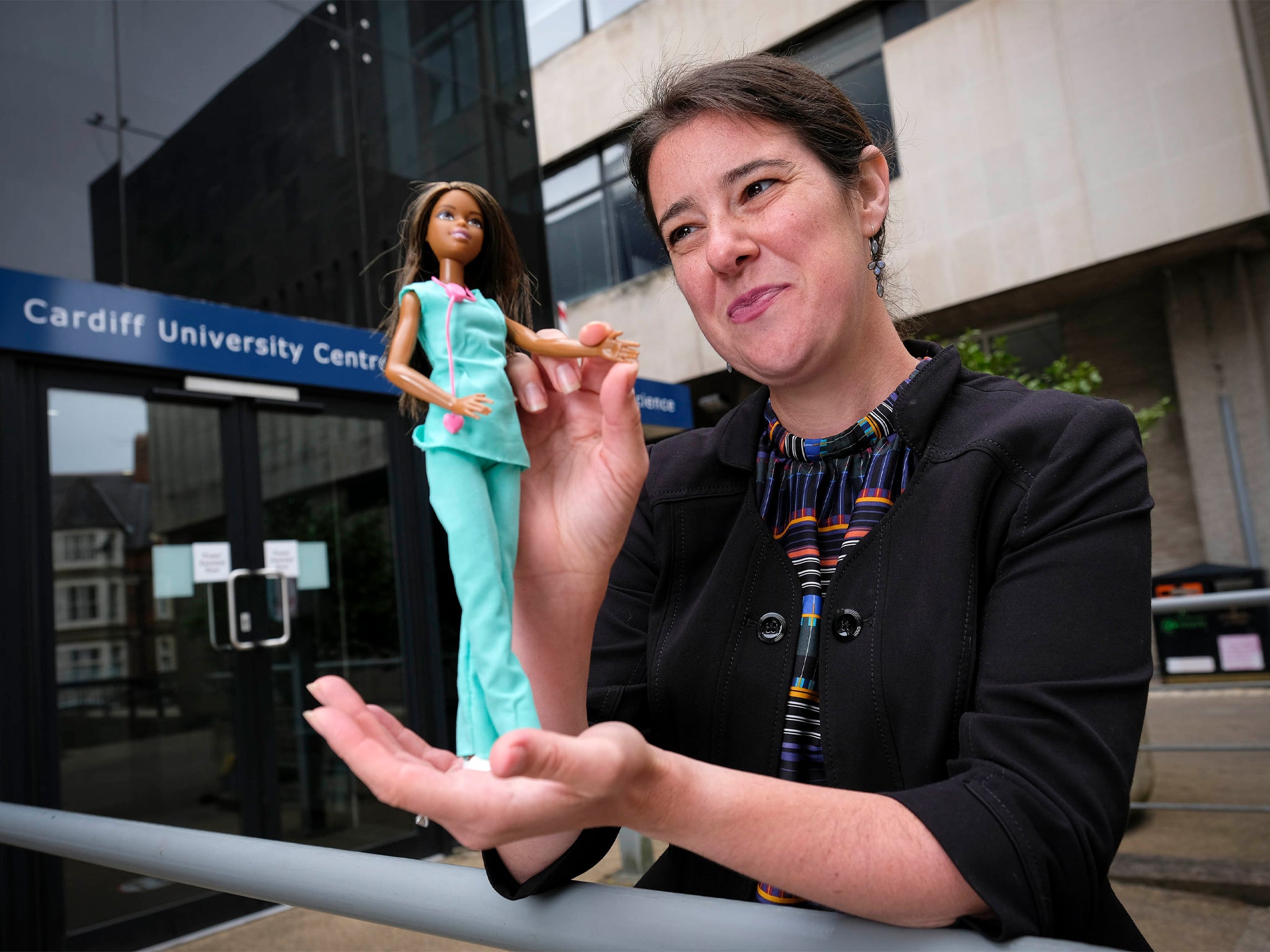Six in 10 parents would rather children have social skills over academic qualifications, poll finds
Ninety per cent found to consider empathy key social attribute that their offspring should develop

Your support helps us to tell the story
From reproductive rights to climate change to Big Tech, The Independent is on the ground when the story is developing. Whether it's investigating the financials of Elon Musk's pro-Trump PAC or producing our latest documentary, 'The A Word', which shines a light on the American women fighting for reproductive rights, we know how important it is to parse out the facts from the messaging.
At such a critical moment in US history, we need reporters on the ground. Your donation allows us to keep sending journalists to speak to both sides of the story.
The Independent is trusted by Americans across the entire political spectrum. And unlike many other quality news outlets, we choose not to lock Americans out of our reporting and analysis with paywalls. We believe quality journalism should be available to everyone, paid for by those who can afford it.
Your support makes all the difference.Six in 10 parents would rather their children grew up with strong social skills than high academic qualifications.
A study of 2,000 mums and dads of children aged three to 10 found 90 per cent consider empathy to be a key social attribute that their offspring should develop.
Another 40 per cent believe understanding their own behaviour, and its consequences, is something children should learn, while a third think it is important that they are good listeners.
Other skills parents are keen for their children to develop include understanding other people’s points of view and being good at co-operating.
However, it also emerged that almost three quarters are concerned about how the coronavirus pandemic might affect their child’s social skills and how they interact with others.
The study was commissioned to understand UK parents’ views on empathy, after neuroscientists from Cardiff University collaborated with Barbie on research that used neuroimaging to explore the effects of doll play for the first time.
Evidence showed it activated brain regions associated with social information processing and empathy, indicating that this kind of doll play enables children to rehearse, use and perform these skills even when playing on their own.
Findings also revealed such play allows children, even those playing alone, to develop empathy and social processing skills more so than using an electronic tablet.
Over the past 18 months, senior lecturer Dr. Sarah Gerson and colleagues at Cardiff University’s Centre for Human Developmental Science have been working to understand the effects of doll play.
By monitoring the brain activity of 33 children between the ages of four and eight, as they played with a range of Barbie dolls, the team found that a region of the brain associated with social information processing such as empathy was activated.
Despite the scientific findings, the survey of UK parents shows a gap in the awareness around how to build empathy in children.
One in four of the parents surveyed believe it’s not possible for children to develop empathy and social skills through solo play, although half think it’s a perfectly effective way for youngsters to build empathetic feelings.
It also emerged 87 per cent of those polled, via OnePoll, think children should be aware of different cultures and life experiences, to help break down racism and negative stereotypes that exist in the world.
And two thirds use toys as a way to get clues about their children’s emotional state – as they often “act out” how they are feeling.
Seven in 10 parents are also more likely to encourage their children to play with a toy if they knew it had been proven to help develop social and emotional skills.
Lisa McKnight, global head of Barbie and dolls, Mattel said: “Doll play has a positive impact on kids, but up until now, we have not had neuroscientific data that demonstrates these benefits.
“The findings of this research highlights that playing with dolls offers positive benefits in preparing children for the future through nurturing social skills like empathy.
“As we continue to inspire the limitless potential in every child, we are proud to offer dolls that encourage skills we know are highly valued by parents and are determinants in children’s future emotional, academic, and social success.”
Barbie has launched an online hub (www.barbie.com/benefits) featuring resources for parents, caregivers, and children, to support them in their social processing skills which has been developed alongside leading empathy expert, writer, and educational psychologist, Dr. Michele Borba.






Join our commenting forum
Join thought-provoking conversations, follow other Independent readers and see their replies
Comments